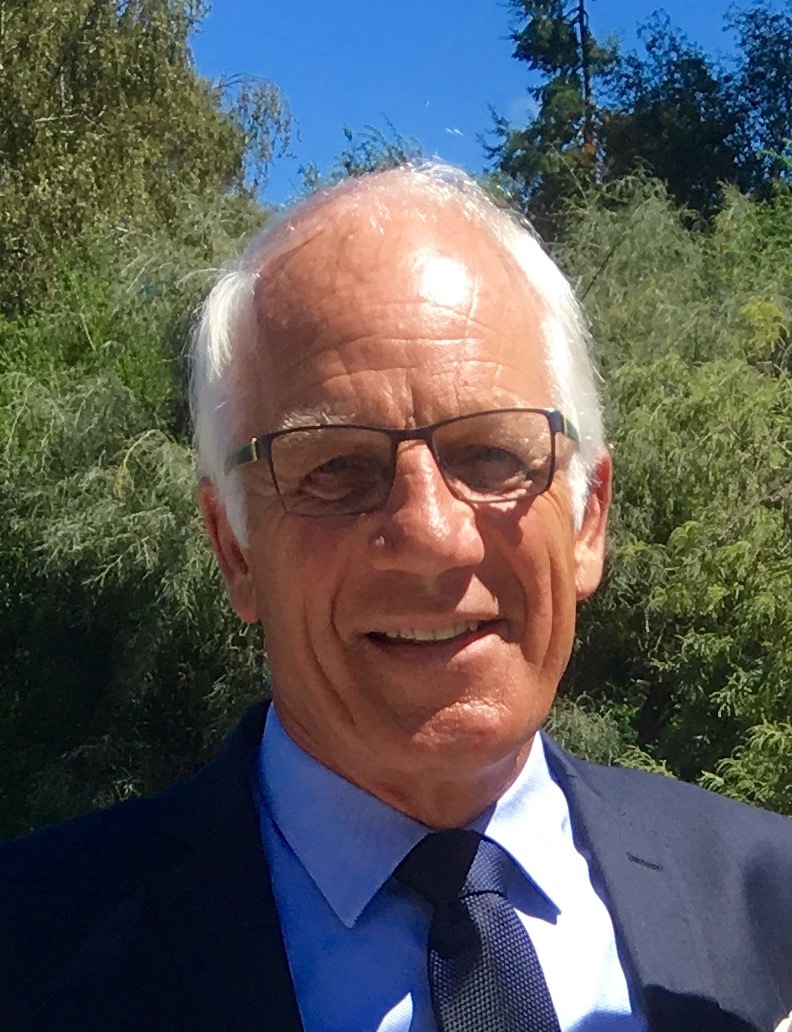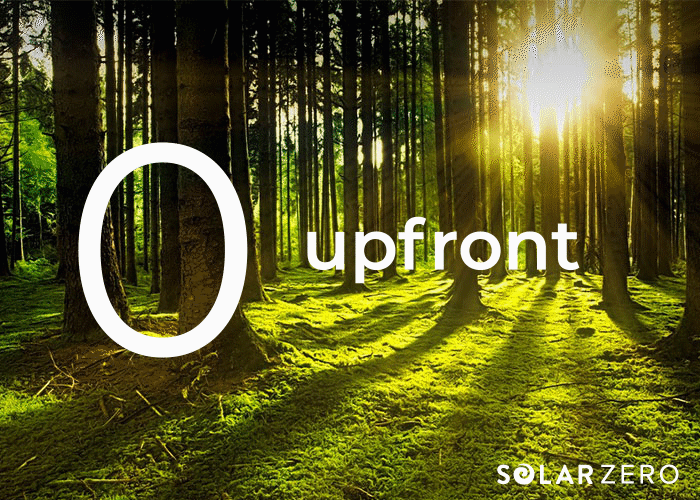Group recommends WCB be abolished (6 min read)
Sue Wards
07 June 2021, 6:04 PM
 The Wanaka Community Board has had a target on its back for years.
The Wanaka Community Board has had a target on its back for years.An advisory group has recommended the Wanaka Community Board (WCB) be abolished, but a former board chair and deputy mayor says the group’s reasoning is flawed.
The independent Representation Review Advisory group was convened at the beginning of this year. Its establishment follows a council representation review in 2018, which resulted in minor boundary amendments to the Arrowtown Ward but resolved to undertake a review with a more ‘blue sky’ approach within three years.
Under the Local Electoral Act 2001, local authorities are required to review their representation agreements at least once every six years, to provide for “effective representation of communities of interest” and “fair representation for electors”.
Add a councillor, lose the community board
The advisory group, which includes an independent chair, former QLDC mayor (Clive Geddes), political science academic, Iwi representative and three community members (including Viv Milsom and Dr Ian Hall of Wanaka), met four times and provided the following recommendations:
- The district elects a total of 12 councillors across three new wards (four councillors per ward). The proposed three new wards (with final boundaries to be confirmed) of similar population sizes are:
- The Whakatipu Ward (comprising an area west of the Shotover River and the eastern shoreline of the lower part of Lake Wakatipu; to include Frankton, Queenstown, Kingston and Glenorchy)
- The Kawarau Ward (comprising an area east of the Shotover River and Lake Wakatipu); to include Arrowtown, Arthurs Point, Gibbston Valley, Lake Hayes, Shotover Country, Ladies Mile.
- The Wanaka-Hāwea Ward – mirroring the current Wanaka Ward.
- The district should have no community boards, which includes disbanding the existing Wanaka Community Board.
The addition of a fourth councillor for the Wanaka Ward is a given as as result of the population increase in the ward.
The advisory group said its recommendation to disband the existing WCB “reflects a current inequity that exists as no other area or community within the district has a community board”.
The group said it believed the proposed Wanaka-Hāwea Ward could be more effectively represented by having a total of four councillors elected to council and would reduce potentially unnecessary "bureaucracy" by having an additional decision or recommendation-making body.
“The group’s findings concluded that the loss of the community board in Wanaka would be offset by the increase in the number of the Upper Clutha-based councillors around the council table and improve community representation,” QLDC chief executive Mike Theelen said.
‘Flawed’ reasoning behind proposal
Former deputy mayor and WCB chair Lyal Cocks told the Wanaka App the reasons given for disbanding the WCB were “totally flawed”, and he blamed the council and some elected members for eroding the power and effectiveness of the board over the past few years.

Former WCB chair Lyal Cocks believes the WCB’s effectiveness has been eroded by the current council and “some elected members”.
“To say ‘…that the proposed Wanaka-Hāwea Ward could be more effectively represented by having a total of four councillors…’ is nonsense and illogical,” Lyal said.
“How can going from seven elected representatives to four provide more effective representation?”
Without a community board there will be an inequity because the Wanaka Ward will have fewer elected representatives to provide effective representation to all communities, he said.
If the WCB is retained together with four Wanaka-Hāwea councillors there would be eight elected representatives on both sides of the hill, plus the mayor.
Why a community board?
Lyal said community boards were established by the Local Government Commission to provide effective representation at the lowest level for communities with a distinct community of interest which are geographically separate.
“The Wanaka Ward is the perfect example of what the legislation intended and in the past was held up nationally as a model,” he said.
However, Lyal believes the power and effectiveness of the WCB have been “eroded by this council and some elected members”.
Concerns about the board’s effectiveness
The 2019 local government elections highlighted concerns Upper Clutha residents had about the effectiveness of the WCB.
The WCB is scheduled to meet every six weeks. In previous council terms it met monthly. In 2019 there was only one WCB public meeting in four months (from November to February), and the March meeting was cancelled because, chair at the time Quentin Smith told the Wanaka App, “there wasn’t direct urgent business to justify its need”.
During that period there was a range of hotly debated issues in Wanaka, including the development of the Wanaka Masterplan, discussion over the future of the Millennium Pathway, progress - or lack of - on the Lakefront Development Plan, concerns about tourism infrastructure and a proposed visitor levy, sealing of Ballantyne Road, development of new facilities and infrastructure at Three Parks, proposed rates increases, issues of freedom camping, parking, housing, and more.
Former WCB chair Rachel Brown told the Wanaka App: “I believe it is very important to give the community a public forum, and also to give them faith that decisions are being made for Wanaka. We should always be in a position that some significant decisions have been made in a six week period: if not, why not?”
Quentin told the Wanaka App there was a lot going on in Wanaka, but he and council chief executive Mike Theelen agreed there wasn’t “enough value” in running a meeting with just a public forum and chair’s report.
Following the October 2019 election the first formal WCB meeting wasn’t held until February 2020, with a very pedestrian agenda which did not reflect any of the big issues facing Wanaka.
Council ‘lip service’ to board
“There is a governance agreement and delegation from council in place but it appears lip service is paid to it,” Lyal said.
“There is a perception unelected staff are now making many of the decisions that should be coming to the elected community board members for decisions. [There are] too many excuses for why Wanaka issues should not come to the community board rather than why they should, for example, Wanaka Airport,” he said.
Lyal’s submission to the 2018 representation review noted that the WCB has a Memorandum of Understanding with council and comprehensive delegations from the council. In addition, community board members are ex-officio members of a variety of community groups and bring issues from those groups to the board for resolution.
His submission also noted that councillors take an oath, on taking up office, to act in the best interests of the whole district and “therefore at times are restricted in their ability to effectively represent the views of their ward” - Queenstown Airport Corporation's “dual airport” strategy being a good example.
“On the other hand, community board members take an oath to act in the best interests of the ward and therefore can and do represent the views of their constituents more effectively.”
Lyal, who was chair of the WCB from 2007-2013, said in the past WCB public forums were often bigger than those at full council meetings, and listed a variety of issues driven by the board, including the 2020 strategic planning process, and the Wanaka Recreation Centre and swimming pool project.
Board members’, council’s view
Current WCB chair Barry Bruce has not responded to the Wanaka App’s request for comment, made four days ago, but he told the Wanaka App earlier this year he believed the community board had a future, saying it just needed “the right delegations and the funding”.
Barry has been pursuing an increase to the board’s minor improvements fund through the council’s Ten-Year Plan process. He said the WCB has “some quite strong delegations compared to most community boards”.
Former WCB chair and now councillor Quentin Smith has been outspoken in his belief the Wanaka community would be better represented by an additional councillor rather than the board.
Ed Taylor was the only non-councillor member of the WCB to respond to the Wanaka App during the weekend (the other members are Jude Battson, Chris Hadfield, and Barry).
“I know there are plenty of people who are passionate about Wanaka having a community board but I am also aware there are others who have long advocated for losing the board in favour of more representation around the council table. I hope lots of locals get involved in the formal consultation process,” he said.
QLDC mayor Jim Boult told the Wanaka App during the 2019 local government election campaign he believed a closer working relationship between the WCB and the council would help the community board become “more in sync with the council”, indicating a misunderstanding of the board’s role.
“I personally believe more Upper Clutha councillors would be a better system than a community board,” he said, noting at that time the population numbers equated to three councillors for the Wanaka Ward.
Jim said if he was re-elected he would hold regular meetings with community board members. He has attended one WCB meeting out of 10 since the last election; CEO Mike Theelen has attended three.
The council appointed an Upper Clutha Liaison Manager to work with the WCB in March 2020, with the role described by QLDC governance, engagement & communications manager Naell Crosby-Roe as “helping the board ... to be a voice for the local community on a broad range of topics, and ensuring that they are connecting with the community effectively to hear the many differing views and voices out there in the Upper Clutha”.
Next steps
The advisory group’s recommendations will be presented to the QLDC on June 30 and then go out for formal community consultation from July 5 until August 6.
Mike Theelen said the council wants residents to use the consultation process to tell the council whether they believe the recommendations do or do not fairly represent their local community and the district as a whole.
Following formal hearings, a proposal is planned to go to council in mid-September, and the final outcome will take effect for the October 2022 local elections.
PHOTOS: Supplied








